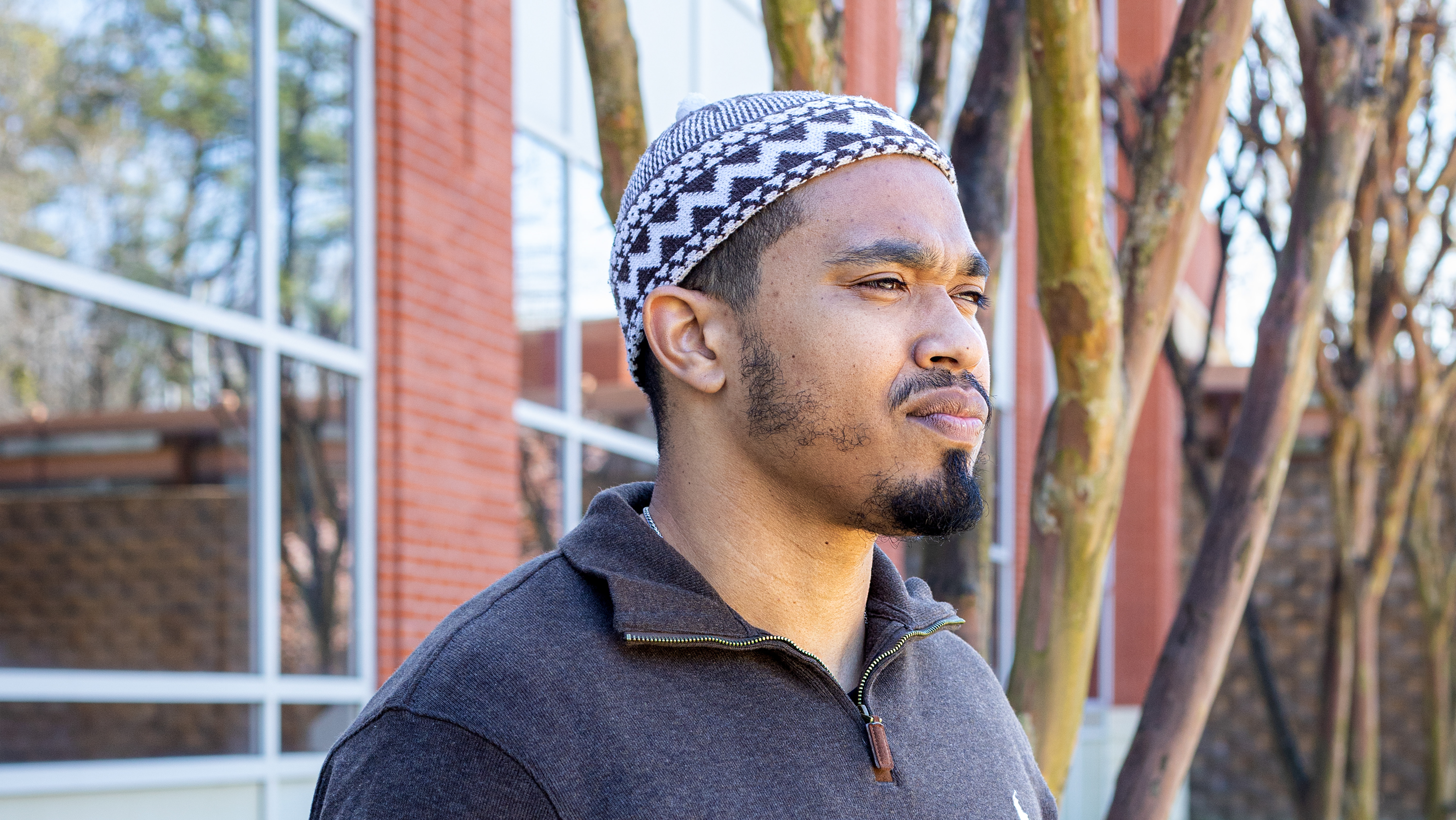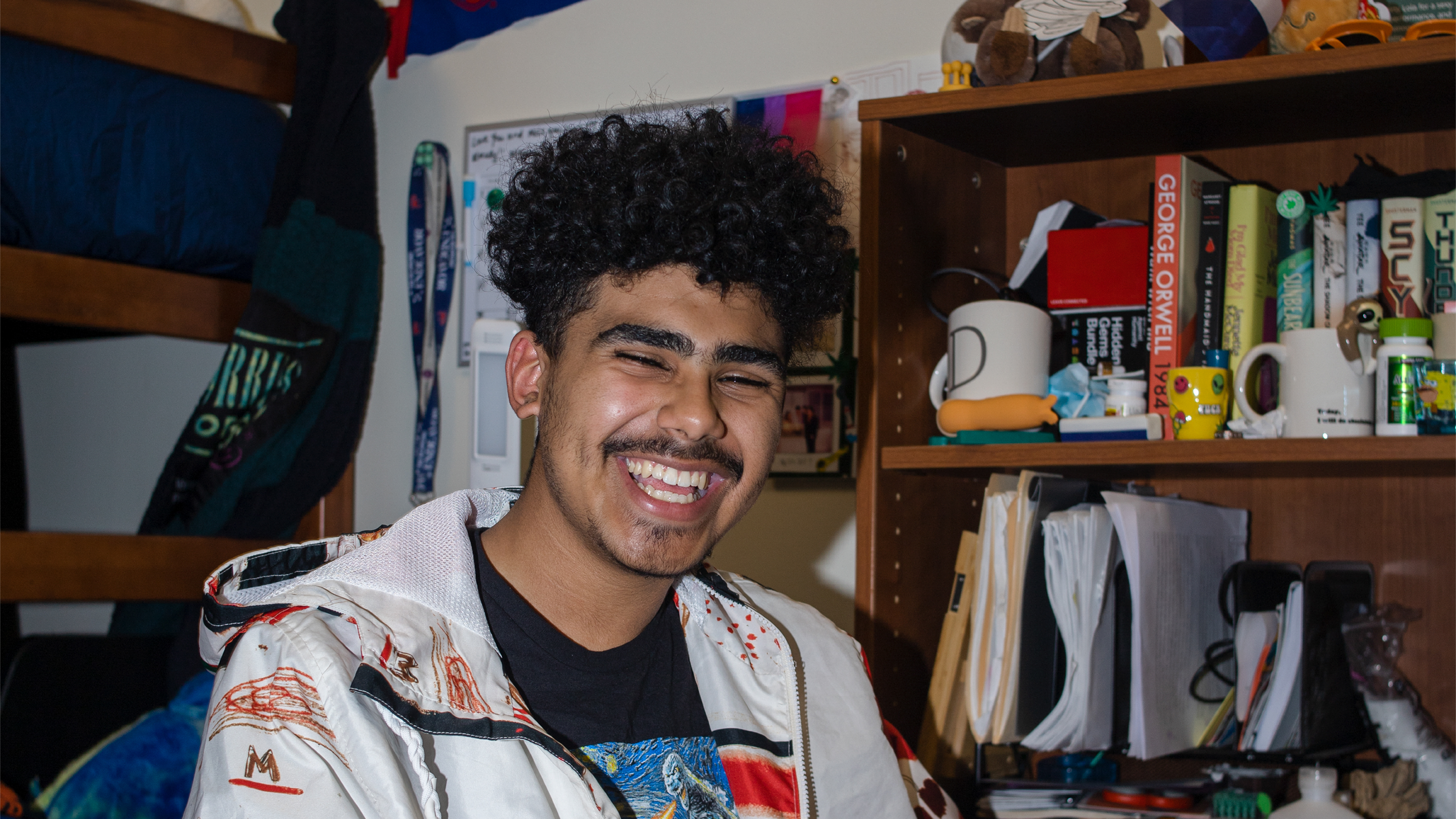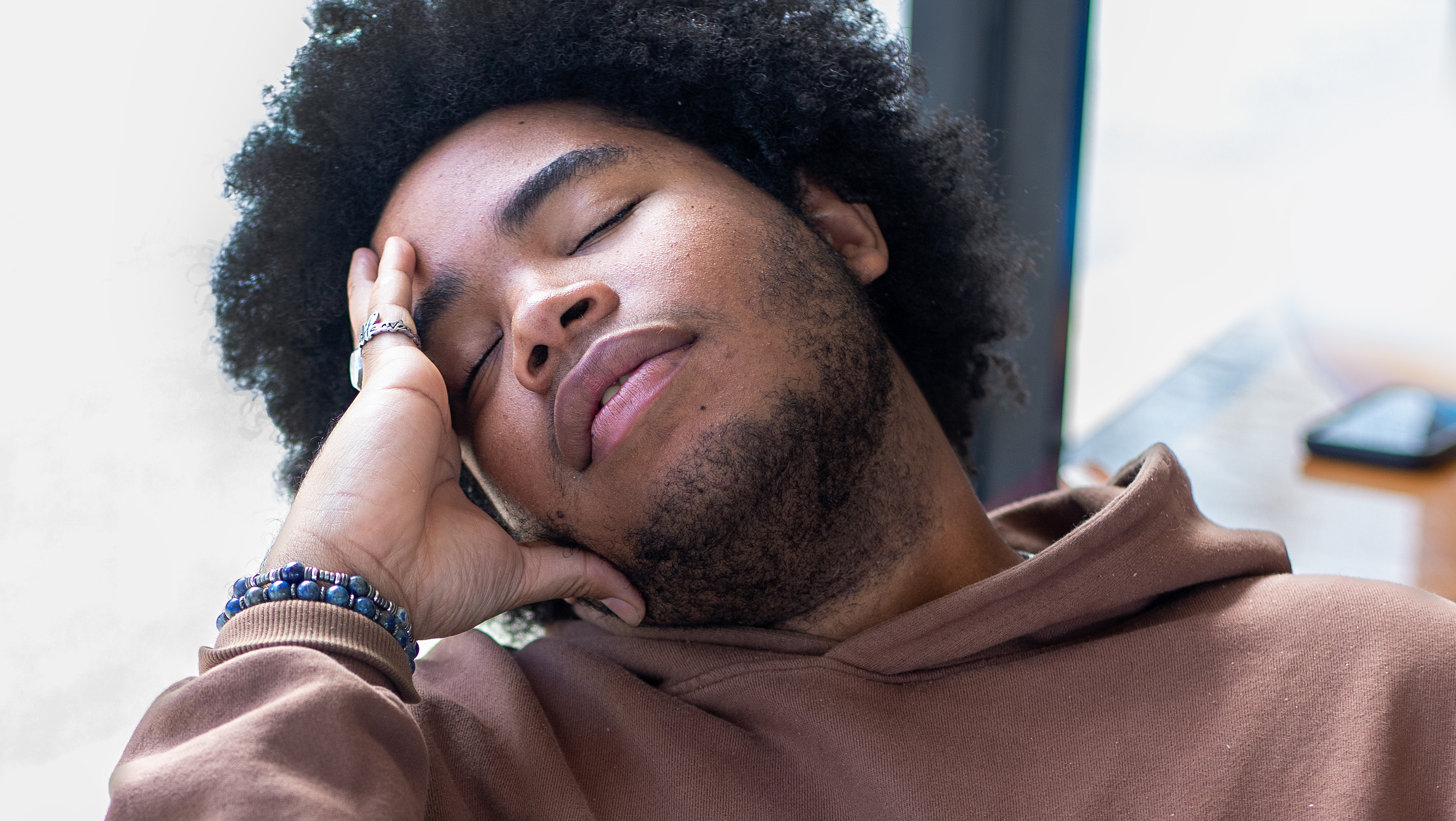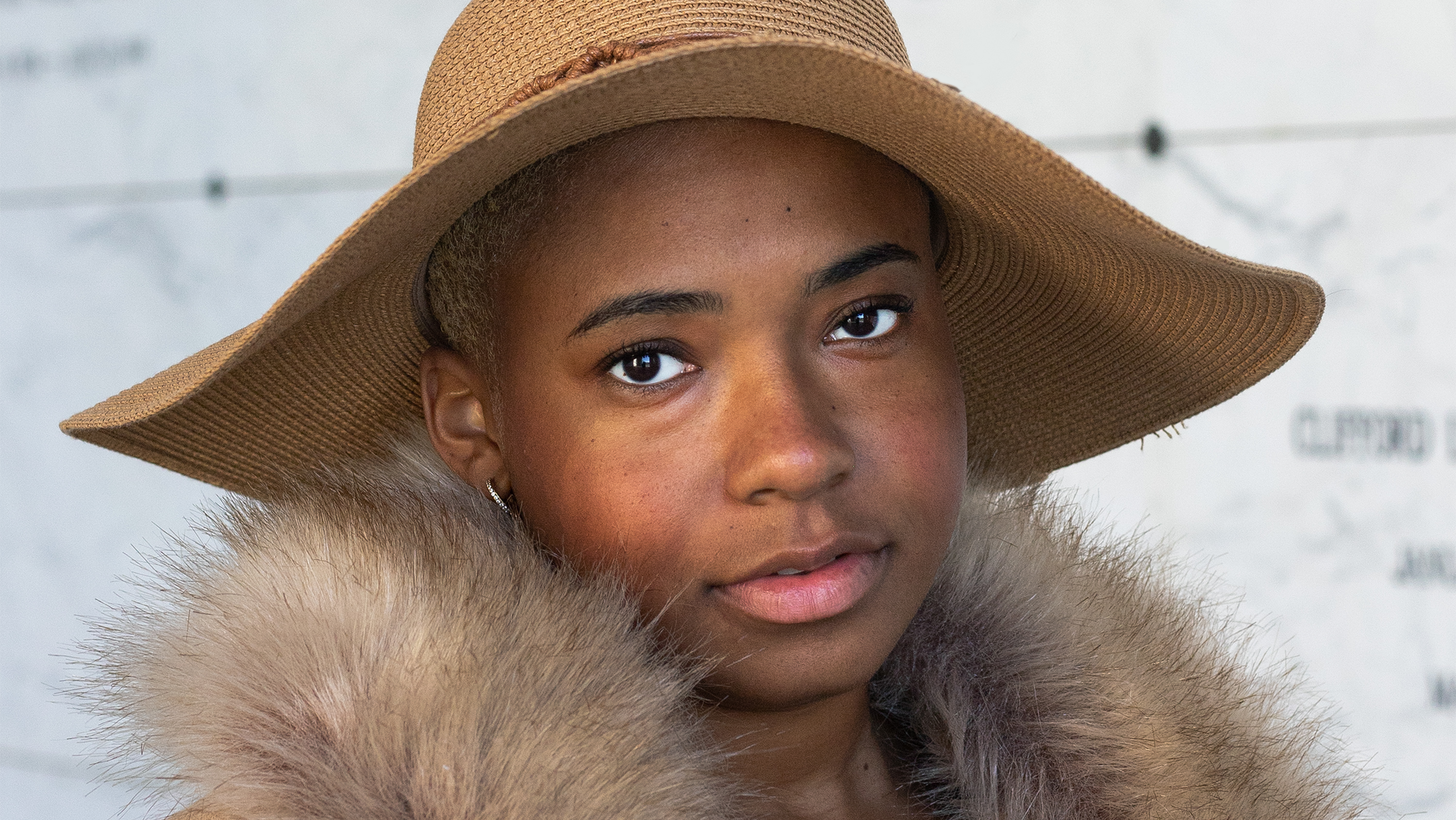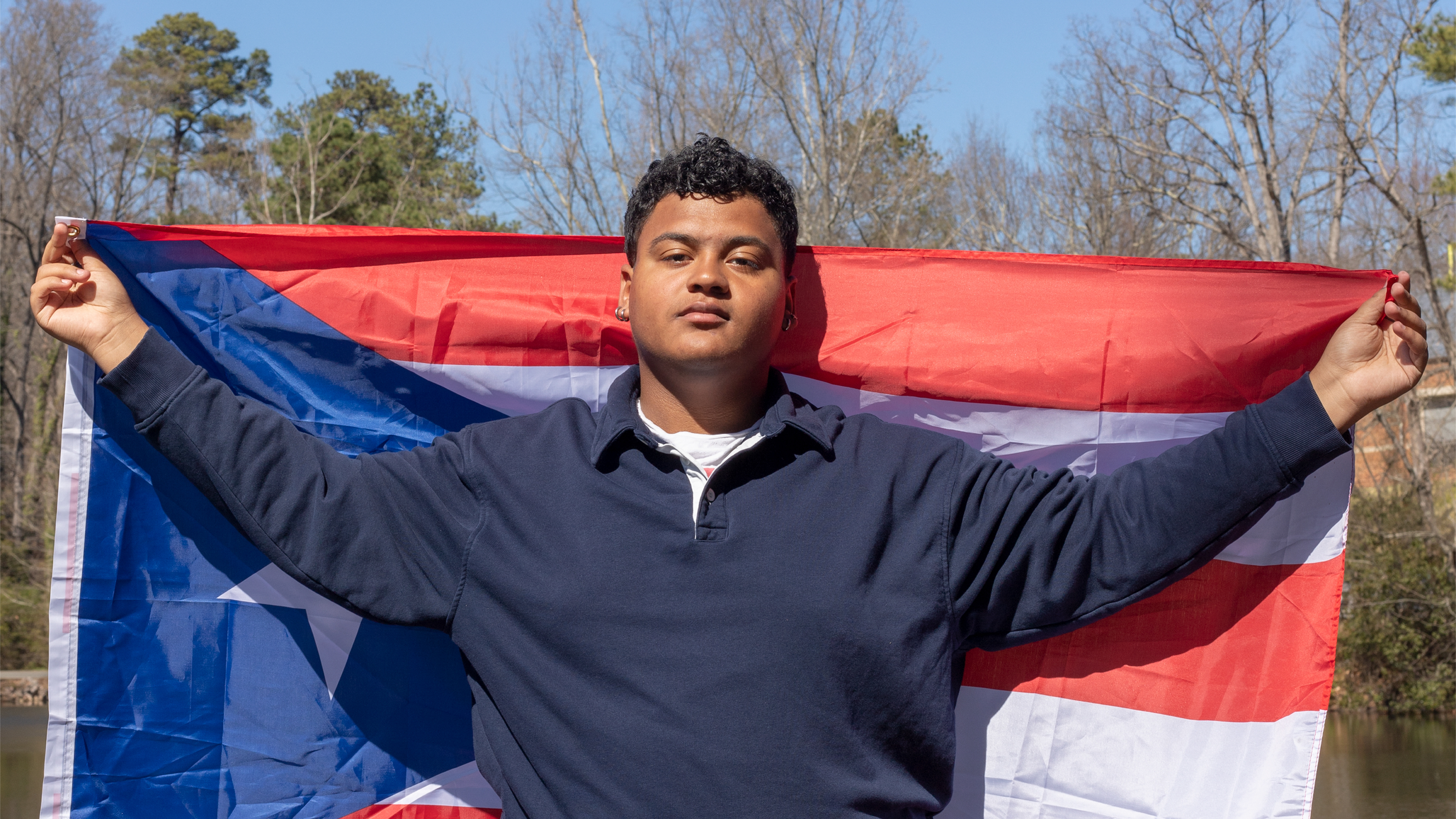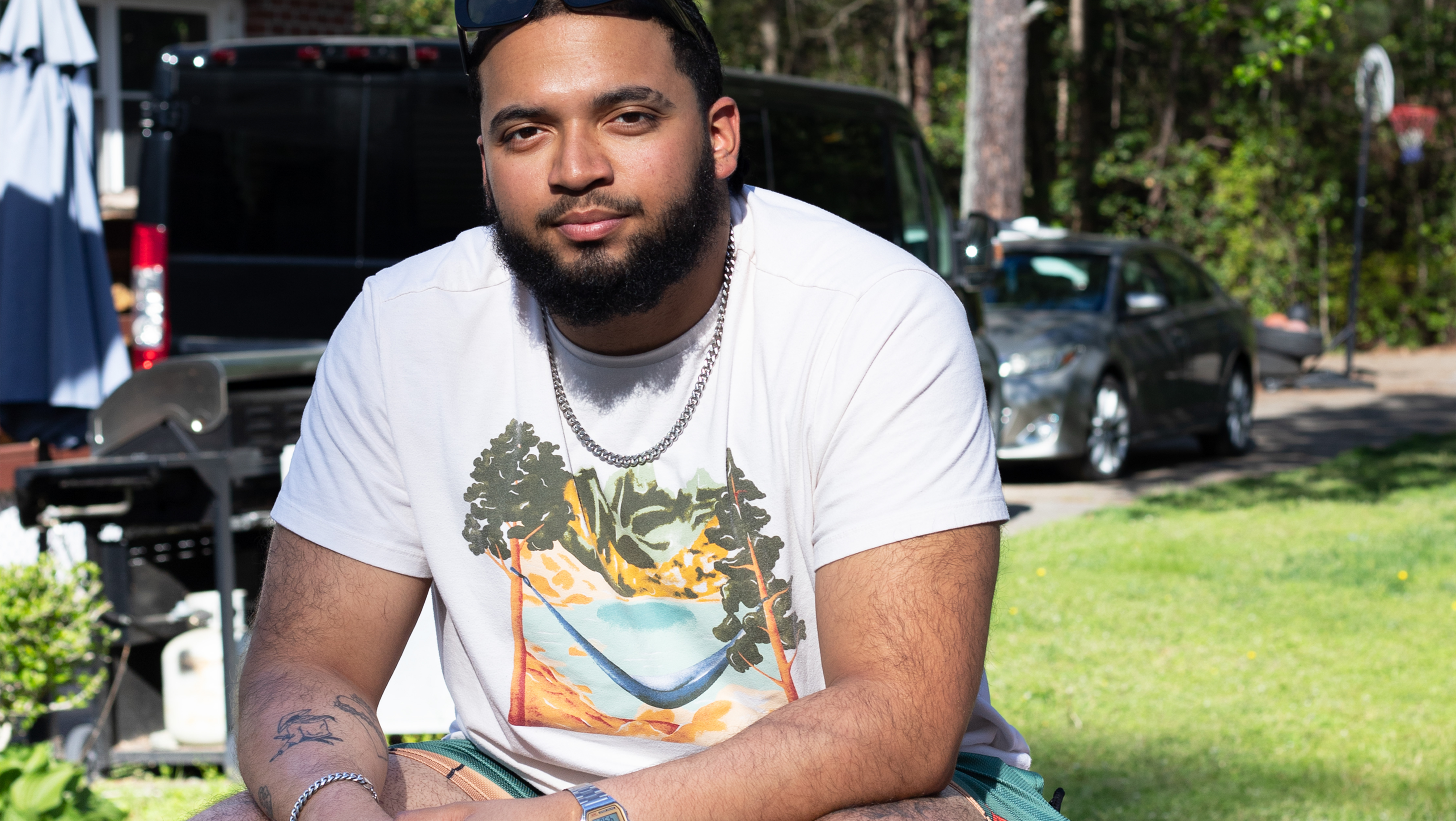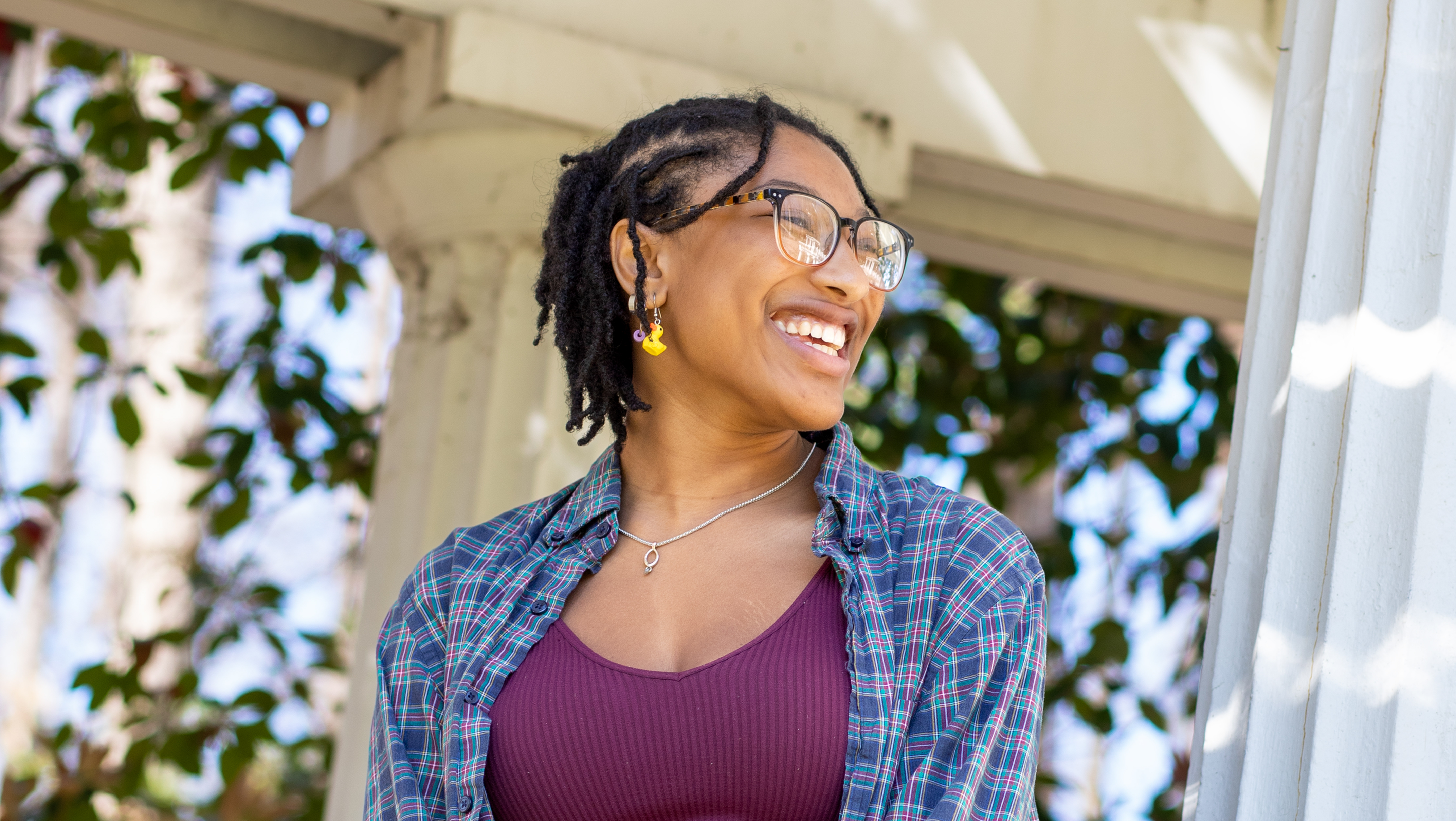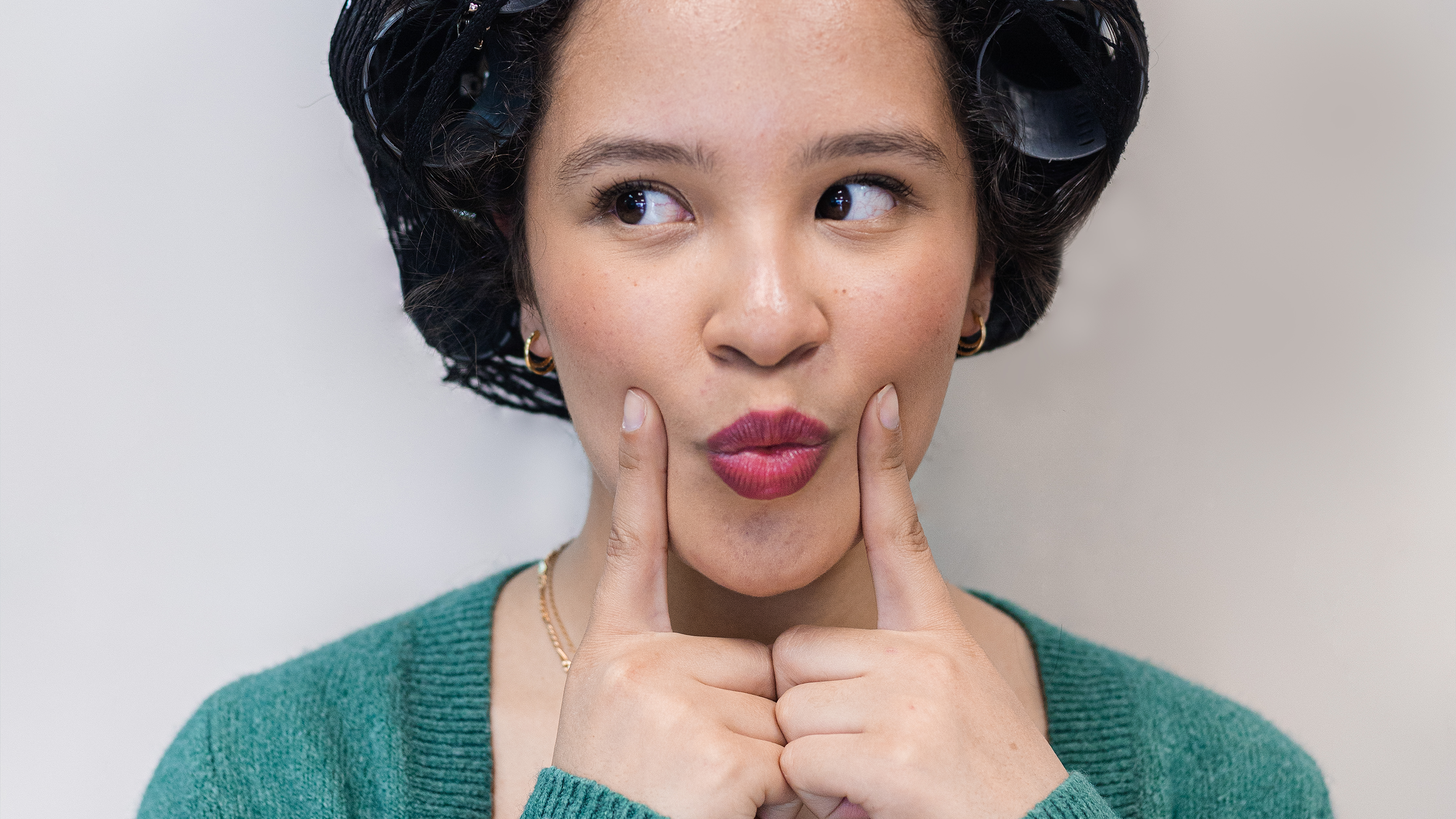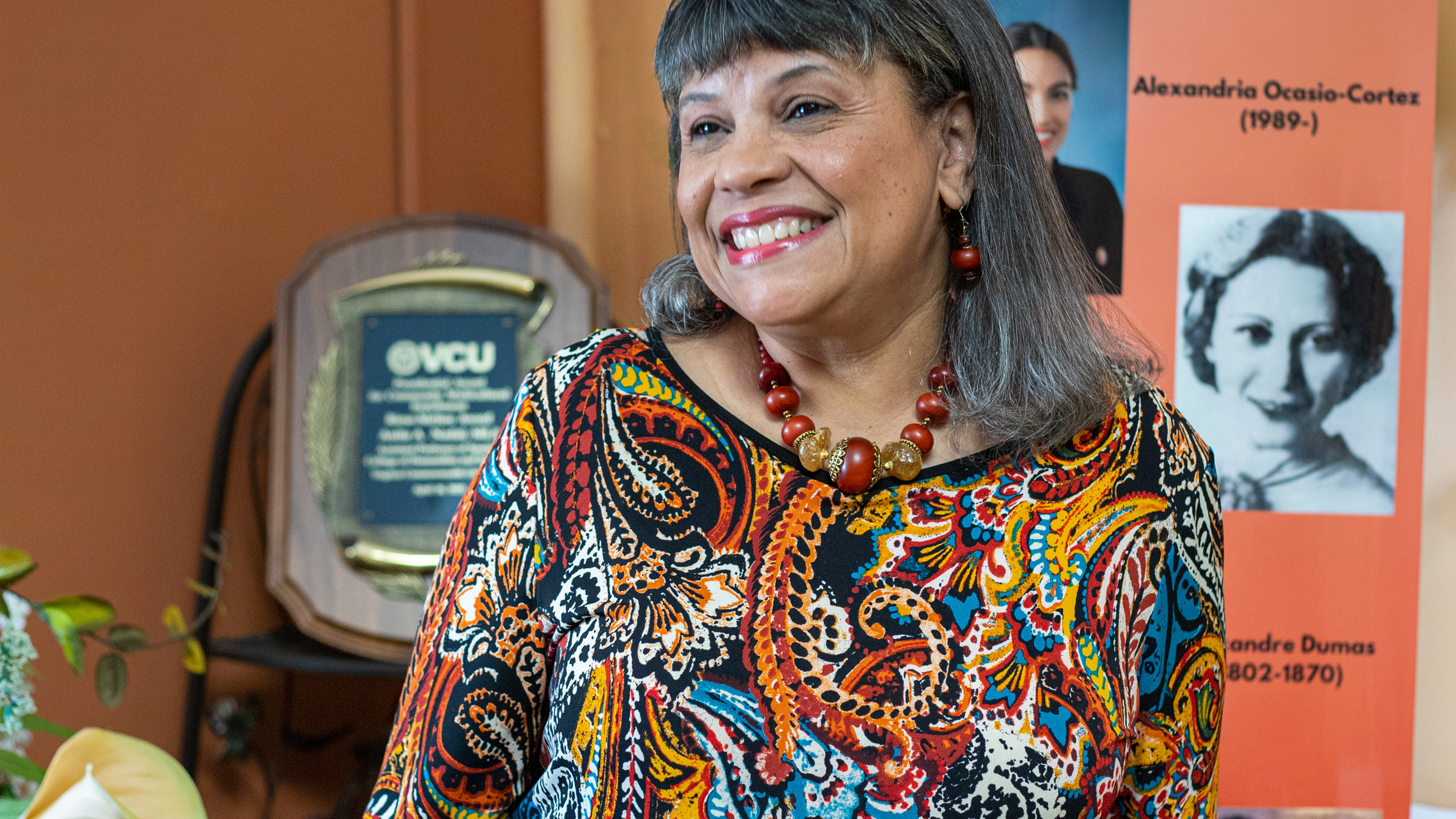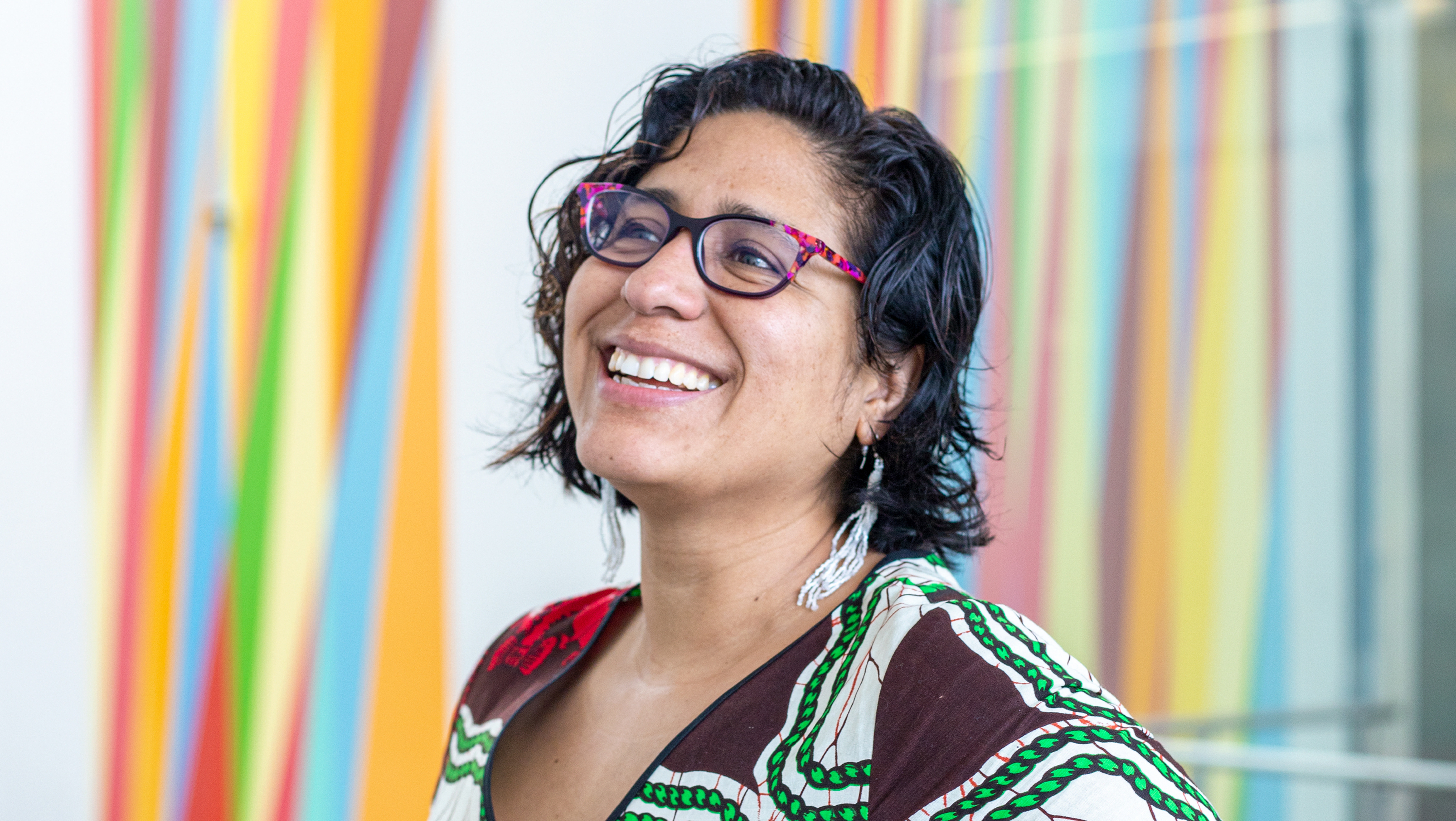Shanteny standing in front of one of her favorite murals on Hull Street.
I was born in Costa Rica, in the Caribbean zone, in the province Limón. Limón historically was a province where only blacks lived in the 1910s, 1920s… the reason why many of the blacks came to Costa Rica was because they were building the train line for the distribution of bananas with Chiquita Banana company. So, my grandfather, when he came, he was part of the first generation of Jamaicans born here in Costa Rica… my family name is Ferguson. I don't have a Latina last name like López or Gonzáles or Ramírez. I have an English last name, because my great-grandparents and all of them are originally from England
I always understood that I was Afro-Latina. My grandfather would tell us the story of our family all the time and for us it was something we understood but never really felt the need to proclaim… today there is a social expectation to live within these socially constructed boxes.
Historically it stems from a higher history of racism, but I think today its become something that reassures and recognizes who you are, who you represent, and consequently helps the generations to come, so that they can recognize that it is okay for you to be Afro-Latino, it is okay for you to be Asian, it is okay that you're from the islands, whatever your from, right?
Audio #1 (2:13 min) (Spanish)
Growing up my family and I would visit the United States a lot as tourists. I made my official move here in my 20s, made my house, got my degree, got married to an African-American man, and had my children here… I have three sons and they know about Costa Rica, but very little. But the inheritance was obtained through conversations in the house, through visits… But they also had a conflict of identity because they identified more with being black than with being Latino, and that was because of, obviously, the experiences they had and are having...
Audio #2 (4:00 min) (Spanish)
"When how you identify and how you are identified don't match, how do you deal with that?" Audio #3 (3:00 min) (English)
But for me, Afro-Latinidad means that I have Afro-Caribbean heritage, whether it's from Jamaica, from Trinidad, from Africa, from wherever. The mixture of the two identities that I represent (Jamaican & Costa Rican). I was a victim of a lot of microaggressions growing up and it impacted how I developed in the world and inhibited certain spaces. It wasn't until five or ten years ago that I recognized that the way I looked, my Afro-Latinidad, was good… now everything I do is with my people in mind… I also speak of that in my poem, that you don't see many people in leadership who are Afro-Latinos. You see the typical Latino who is white and that represents a Latino. But that's not the only Latino…
Audio Clip 4 (1:42 min) (English)
